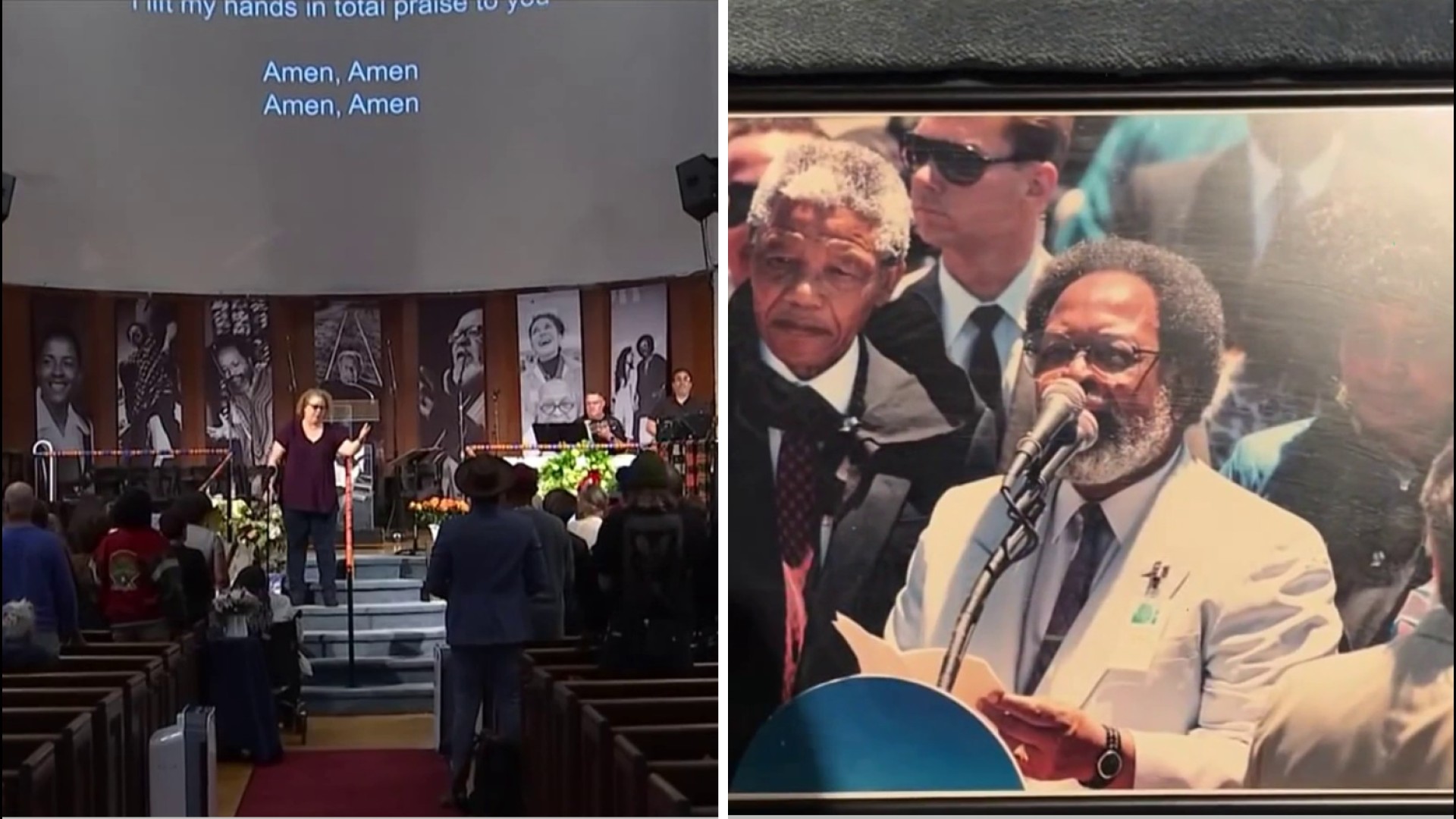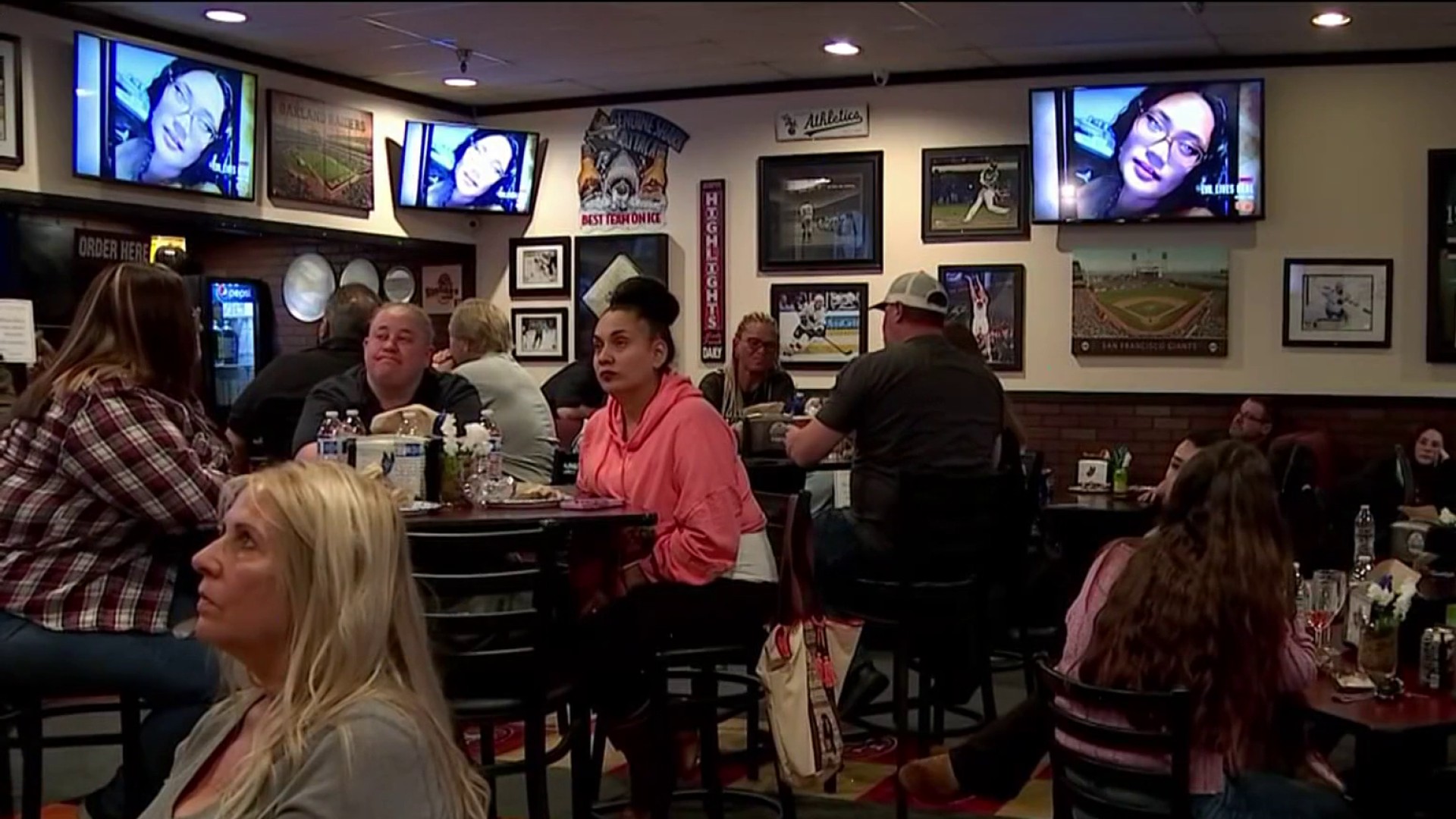Time is relative. For some a year is a drop in the bucket of life. For 18-year-old Lauren Spencer each second has become precious since she was diagnosed with pulmonary hypertension, a potentially fatal disease that affects the arteries in the heart and lungs and can lead to heart failure.
The Lodi teenager watched her own father die of the disease nine years ago. She thought it died with him. But when she began to experience fatigue in high school P.E. class, it became apparent the disease had worked its way down the family tree.
"A year after that I was diagnosed with pulmonary hypertension," Spencer said in her Lodi home. "And my sister is also positive with the gene as well."
But despite her battle with the disease Lauren didn’t stop pushing forward with life. She applied and was accepted to San Francisco State’s nursing program next Fall. But she needed a specially trained service dog that could fetch help if she passed-out or could detect if the tube pumping medication into her chest 24 hours a day pulled out. That search turned out to be the hard part.
"A dog with specialized care for Lauren, for like what Lauren needs is four to five years wait," said Lauren’s mom Tracy Spencer. "I've been turned down by every national organization."
Not only did Tracy discover wait lists for specialized dogs are years long, she also learned the training can cost as much as $20 thousand. Yet time and money were two luxuries Lauren couldn’t afford.
"I had a lot of negative responses coming from people when I talked about wanting a service dog," Lauren said. "People who had experience with it said 'well get ready to spend a bunch of money and get committed for the next five years of your life because that’s what it’s going to take.'"
Local
The naysayers didn't correctly gauge the drive of a mother who'd already lost her husband and was now fighting for the lives of her two daughters battling the same disease, with Lauren's sister TJ’s recently testing positive for PH.
Tracy contacted every service dog organization she could find — Seattle, Idaho and Maryland. Each one turned her down. But then a breeder just a minute from her house offered-up a three-year old show dog that couldn’t have puppies and needed a home. Lauren named her Ruby.
"So I met her," Lauren said, "and took her home after two minutes."
Tracy then launched a GoFundMe campaign and raised nearly $10 thousand in a week to pay for the training. It was as if the clouds had somewhat parted — even if only temporarily.
"Just all of a sudden so many good things are coming my way," Lauren said. "It's really encouraging and it’s letting me know it’s my path."
Around 15 years ago, the five-year survival rate for pulmonary hypertension patients was about 40 percent, according to experts at UCSF. But new medications have increased that rate to an 80 percent survival rate.
But it comes with a steep price. Lauren relies on a constant stream of a medicine called Remodulin to survive. A tiny bottle of the medication costs $15 thousand. Lauren goes through four bottles a month. Lauren's doctor said the astronomical price is due to the rareness of the disease — making it unattractive for drug companies to manufacture.
"It takes a lot of money for research and development of these drugs," said Dr. Jeffrey Fineman of the UCSF Department of Pediatrics. "And then the cost is passed along to the consumers and that’s the unfortunate thing."
Tracy hopes things will change. She figures they might not get easier in time for her children, but maybe for the next generation.
"I do feel that if we're on this path," she said, "that it's our responsibility to make things better for the next people who have to face this."
For Lauren, the future is laden with uncertainty but tinged with possibility. If all goes well she will leave home in the Fall for the first time to begin college life.
"It's in everyone to survive and keep moving," she said petting Ruby, acknowledging she doesn’t like to waste time anymore. "A lot of people say 'well I'll do that when I'm older or I'm not ready for that,' but I don't really do that anymore."



